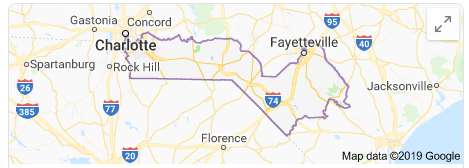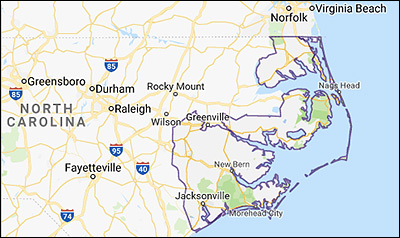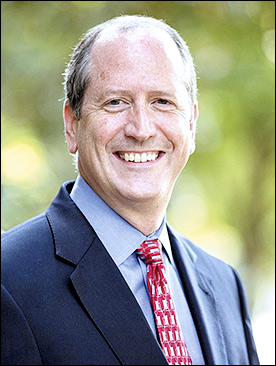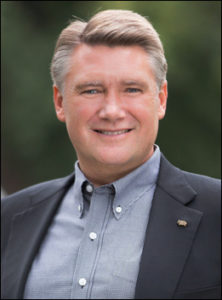By Jim Ellis

North Carolina’s 9th Congressional District
— Voters go to the polls today in North Carolina’s second 2019 special congressional election primary, this time in the Charlotte-anchored 9th District.
The seat, which begins in southeastern Charlotte and then travels along the South Carolina border to encompass the counties of Union, Anson, Richmond, Scotland, and Robeson, before turning northward to annex parts of Bladen, and Cumberland Counties – the latter entity includes the south Fayetteville suburban population center – has been vacant since the beginning of the year.
Originally, it appeared that Republican Mark Harris, who had denied Rep. Bob Pittenger (R-Charlotte) re-nomination in the 2018 Republican primary, had defeated businessman Dan McCready (D) to keep the seat in the GOP column. But, voter fraud allegations in Bladen County, which have led to criminal charges being filed, caused the state Board of Elections to deny Harris a certificate of election. After a prolonged period, made even longer when the board members were terminated and new appointments made, the panel members ordered a new election.
Today marks the first in what could be a series of three elections to determine who will succeed the defeated Rep. Pittenger. McCready returns for the special election and is unopposed in today’s Democratic primary. Therefore, he will automatically advance to the general election. The Republicans feature a field of 10 candidates, but only three, and possibly four, are in serious contention.
If no Republican receives at least 30 percent of the vote tonight, a run-off between the top two finishers will be held on Sept. 10. If the first-place finisher exceeds 30 percent, the general election, between the Republican winner and McCready, will then move to the aforementioned September date. If no one reaches 30 percent, thus requiring the run-off, the special general will occur on Nov. 5.
Continue reading →




 • Gov. Steve Bullock: As has been expected for some time, Montana Gov. Steve Bullock (D) officially announced his presidential effort this week, becoming the 23rd Democratic candidate. Bullock made the argument that he will be an effective national candidate because he’s won two elections in a conservative state and has been able to earn legislative achievements, like Medicaid expansion, in negotiating with Republican leaders.
• Gov. Steve Bullock: As has been expected for some time, Montana Gov. Steve Bullock (D) officially announced his presidential effort this week, becoming the 23rd Democratic candidate. Bullock made the argument that he will be an effective national candidate because he’s won two elections in a conservative state and has been able to earn legislative achievements, like Medicaid expansion, in negotiating with Republican leaders.
